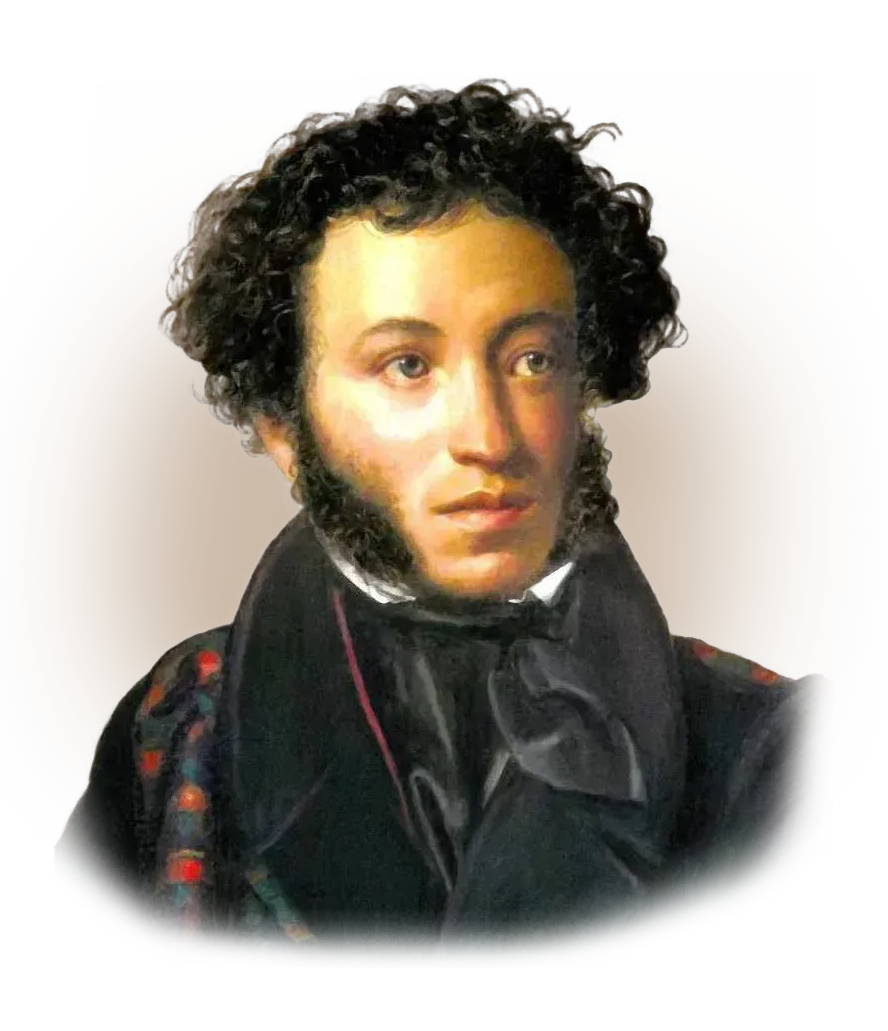
25.04.2023
Alexander Pushkin’s relations with the authorities were often complicated, as he was a critic of the tsarist regime and was viewed with suspicion by the government.
Pushkin’s literary work and personal life often brought him into conflict with the authorities, leading to censorship, exile, and even imprisonment.
In 1820, Pushkin was exiled to the south of Russia for his political views, where he continued to write poetry and plays. In 1825, he was briefly imprisoned on suspicion of involvement in the Decembrist uprising, a failed attempt to overthrow the Tsar Nicholas I.
Pushkin’s works were also subjected to censorship by the government, particularly his play “Boris Godunov,” which was banned for several years due to its depiction of a Russian tsar as a murderer. Pushkin was forced to make significant changes to the play before it could be performed.
Despite these challenges, Pushkin continued to write and publish his works, and his literary achievements gained him significant popularity and recognition both in Russia and abroad. His legacy as a literary giant and an outspoken critic of the authorities has endured to this day.





